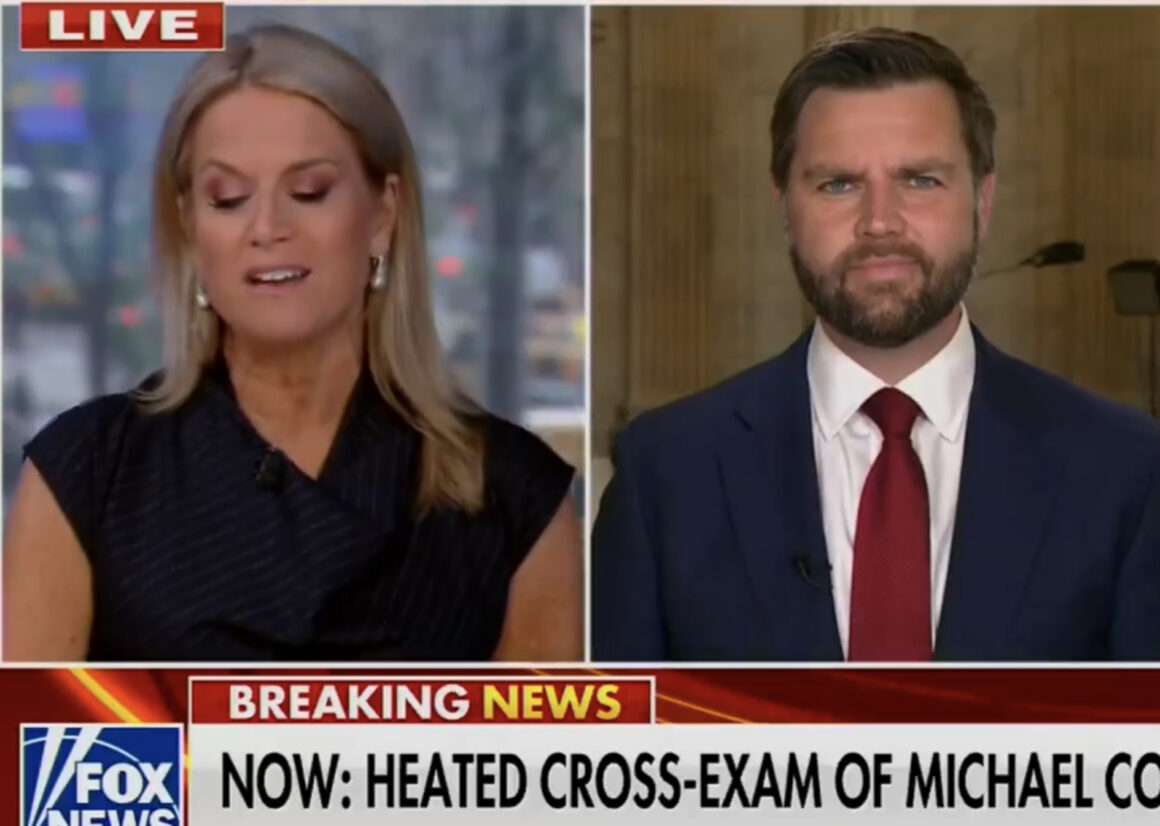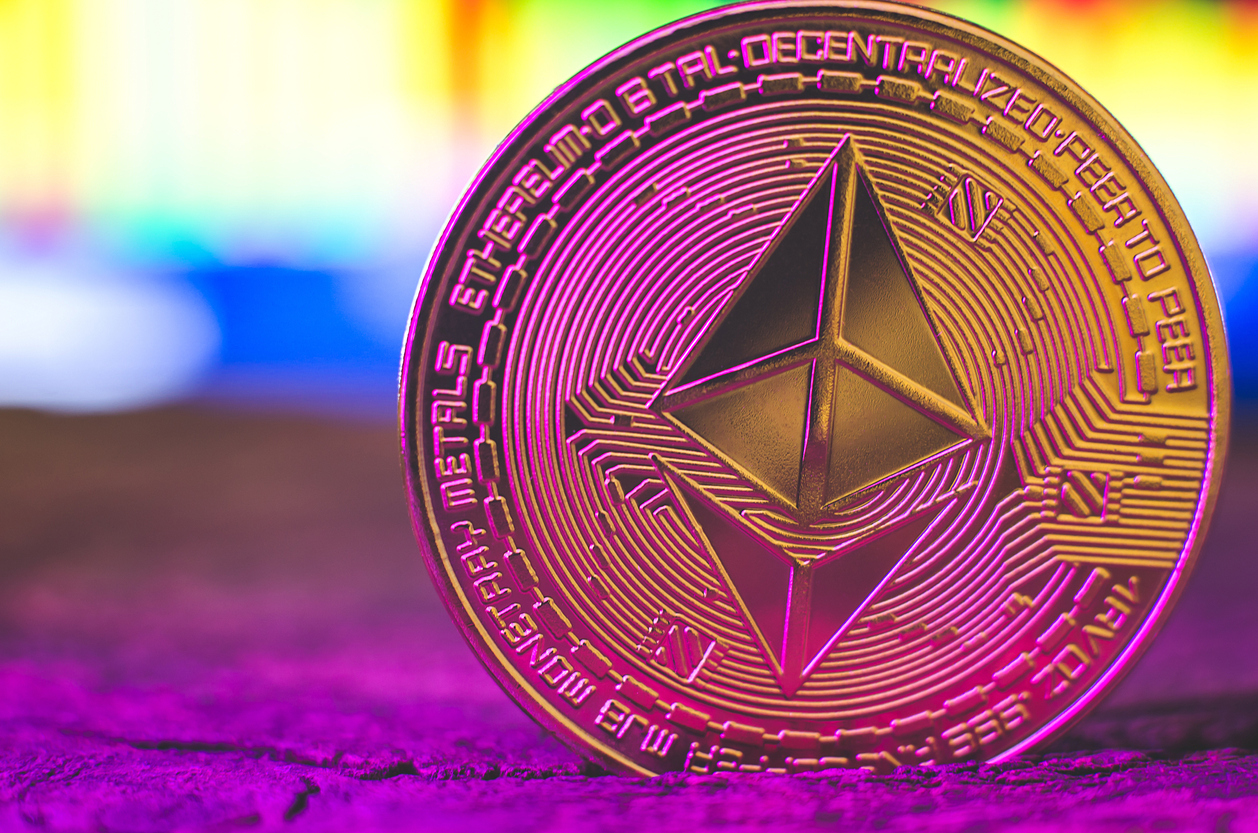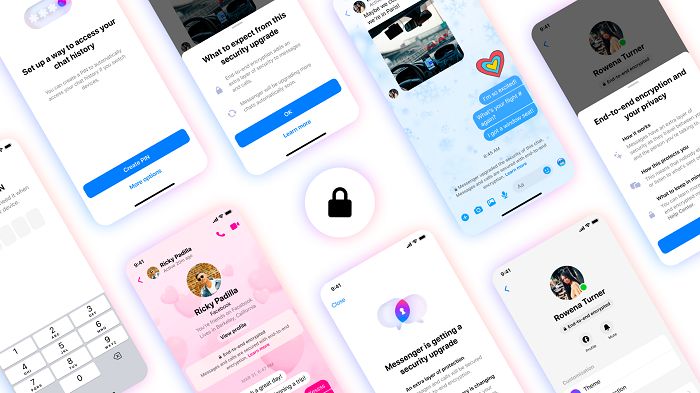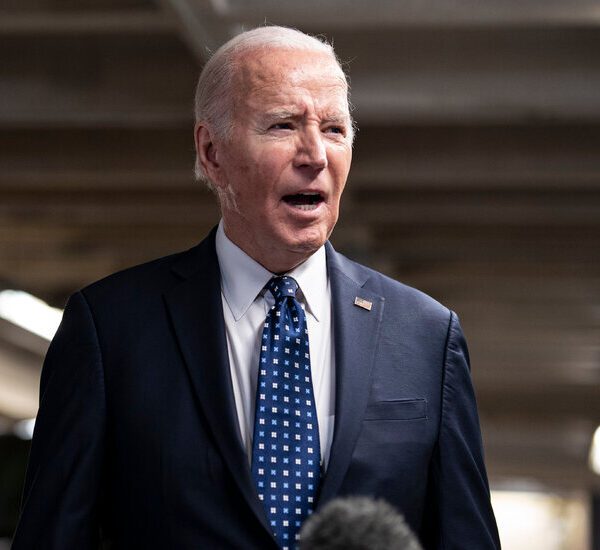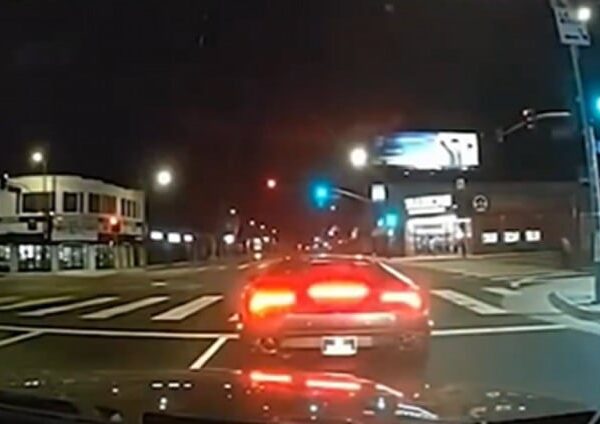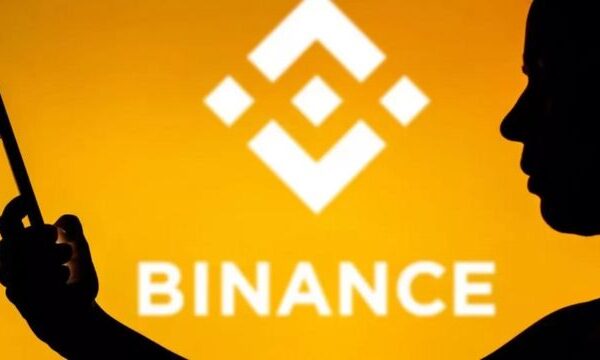Google is going big on AI, as it looks to fend off competition in search, and stake its claim as a leader in the broader generative AI space.
At its I/O conference today, Google has announced a range of advanced, new AI features. And some other stuff as well, but primarily, I/O this time around is focused on the company’s next gen AI projects, including conversational Search, improved image and video generation, personalized chatbots, and more.
The biggest announcement, however, is Google’s next-level generative AI search process.
As you can see in this example, Google’s bringing a ChatGPT like response generator to Search, which will provide complete overviews to answer your queries in-stream.
Which is probably bad news for those relying on Google for referral traffic, considering that people will no longer need to go to your website for the same info. Google will still maintain its regular Search results below these generative responses, but it seems like the concerns about AI potentially killing Search as we know it are now coming to fruition.
What does that mean for SEO? Well, we don’t know as yet, but the general advice since the implementation of ChatGPT has been to include more answers to common queries, in the hopes that this will still drive users to your site for more info. OpenAI, Microsoft and Google have also been working on ways to incorporate links into these responses for further context, and to limit disruption. But it’s pretty clear that disruption is coming either way.
Which will be a big shift, and it’ll take some time to measure the impact of such after it’s broadly rolled out.
Google’s AI Overviews will begin rolling out to all users in the U.S. from today, with more countries coming soon. Get ready for a bumpy ride.
In addition to text-based search, Google’s also adding the ability to ask questions with video as well.
The capacity will provide more options for finding answers, with the additional context of video cues.
Searching with video is coming to Search Labs users in English in the U.S., before expanding to more regions over time.
Google’s also rolling out new, more advanced generative AI image and video creation options, with Imagen 3 for image generation, and Veo, which can create video clips from text prompts.
????Introducing Veo, our new generative video model from @GoogleDeepMind.
With just a text, image or video prompt, you can create and edit HQ videos over 60 seconds in different visual styles. Join the waitlist in Labs to try it out in our new experimental tool, VideoFX #GoogleIO pic.twitter.com/RnMsWu9s1q
— Google (@Google) May 14, 2024
Veo is able to generate high-quality 1080p resolution videos “in a wide range of cinematic and visual styles”. Google also notes Veo can generate videos “that go beyond a minute”, enabling users to create longer clips from their prompts. Though given the wording, I’m guessing not a heap longer at this stage.
As per Google:
“With an advanced understanding of natural language and visual semantics, it generates video that closely represents a user’s creative vision, accurately capturing a prompt’s tone and rendering details in longer prompts. The model provides an unprecedented level of creative control, and understands cinematic terms like “timelapse” or “aerial shots of a landscape”. Veo creates footage that’s consistent and coherent, so people, animals and objects move realistically throughout shots.”
Imagen 3, meanwhile, can generate more detailed, complex images, “with far fewer distracting visual artifacts than our prior models”.
Both could provide a range of new options for your creative process, with Veo, in particular, holding significant potential in a range of new ways.
Google has also announced a new LearnLM initiative, which will use generative AI to create more personalized educational models, on any topic, while it’s also working with several universities on new processes to facilitate education via its generative AI tools.
It’s also adding new processes within Search that will make it easier to get explainers on different elements.
Circle to Search now makes for a great study buddy ???? You can circle complex physics problems on your phone or tablet to get step-by-step instructions to learn how to solve. #GoogleIO pic.twitter.com/nFFW36BwWo
— Google (@Google) May 14, 2024
While it’s also developed a new, customizable AI chatbot tool, which will enable users to create their own bots, which Google’s calling “Gems”.
Whether you need a yoga bestie or calculus tutor, in the coming months you’ll be able to customize Gemini, saving time when you have specific ways you interact with Gemini again and again. We’re calling these Gems. #GoogleIO pic.twitter.com/YQOHsUbMWE
— Google (@Google) May 14, 2024
Well, they’re not totally unique bots, as such, given that they’re powered by the same systems. But you’ll be able to create “personalities” for certain bots and processes, and train them towards certain behaviors and responses in order to make them more your own.
Google’s also adding AI search to Google Photos, providing more capacity to sort through your images based on complex reasoning (e.g. “Show me the best photo from each national park I’ve visited.”), while it’s also adding a range of new developer tools and options to help third parties work with its AI models.
There were also hints of Google’s own AI-powered glasses, new workplace tools, music generation experiments, updates for Pixel phones, and more.
But again, AI is the clear focus for Google moving forward, and with OpenAI also announcing the arrival of GPT4o this week, the heat is rising in the AI race.
So, big changes coming to Search, and more creation tools, which will increasingly see more generated content flooding the web.
Is that a good thing? One way or another, it seems that we are most definitely going to find out.


